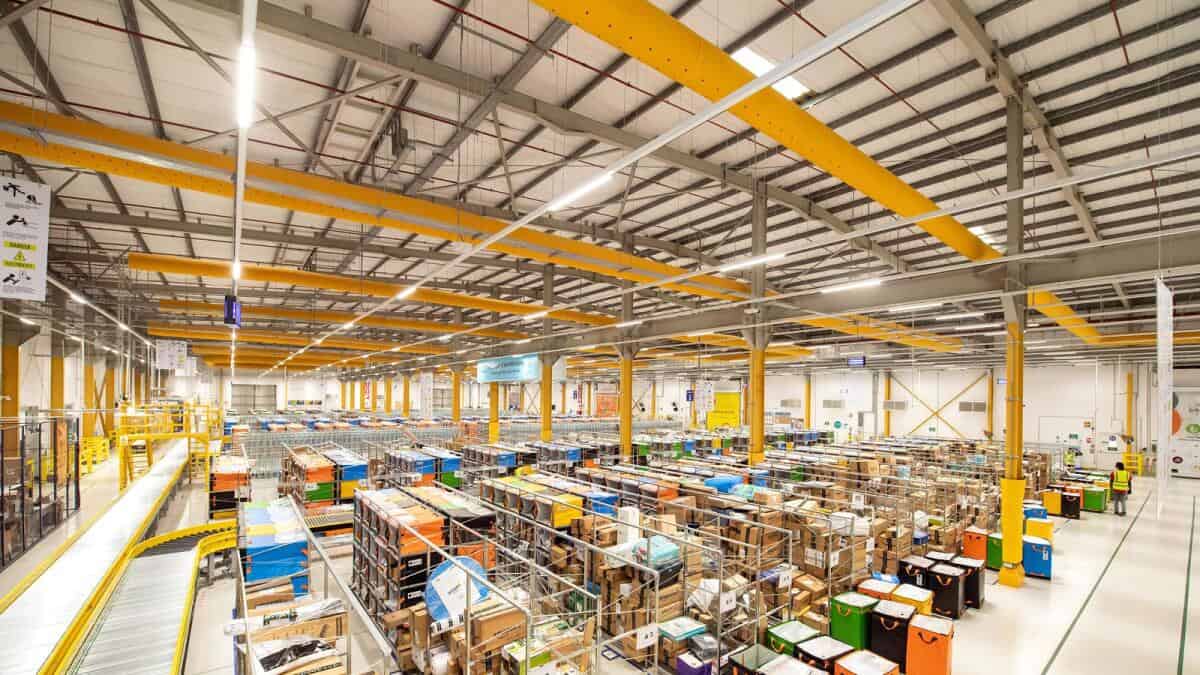DUBAI, UAE — Seeking to establish an economic model based on the diversification of resources, the United Arab Emirates (UAE) has succeeded in developing an international business climate that has attracted foreign investments and can be regarded as a model for economic development.
Local e-commerce sites accounted for an average of 73 percent of all e-commerce retail sales in the UAE in 2021, compared to 27 percent from external sites, a leading management consulting has pointed out.
However, it is expected that local channels of e-commerce will face more competition from external players, which are projected to grow by 19.2 percent from 2022 to 2026 and capture a share of 34 percent of the total online shopping in the UAE, it added.
Price rise
Despite worries about the global macroeconomic climate, consumer spending power in the UAE is nevertheless high. The management consulting firm Kearney found this based on their investigation of consumer attitudes and behaviors.
About 88 percent of respondents said they were worried about the instability of international markets and growing inflation, and 83 percent said they had noticed an increase in the pricing of things they had purchased in the previous three months.
The biggest price jumps were seen in food and drink (85 percent), transportation (77 percent), restaurants and hotels (72 percent), apparel and footwear (70 percent), and gadgets (68 percent). However, over half of the customers (56 percent) still plan to make a large household purchase of more than AED 1,000 (US$ 272.25) in the next six months despite worries and visible price hikes.
Consumers are unconcerned about the national economy because of the country’s solid economic base and ongoing pro-business and pro-person legislative developments. In fact, the UAE inhabitants of the United Arab Emirates reported a 16 percent increase 2022 in spending on non-essential products compared to 2021, with expectations that this trend will continue into 2023.
Online shopping is still widely used in the UAE because customers find it convenient to make purchases, save money, have more options, and receive their orders quickly and easily. However, both the in-store experience and convenience have become more important to consumers when it comes to traditional store purchases.
UAE’s online market
According to a forecast by the Dubai Chamber of Commerce, the size of the UAE e-commerce sector will reach US$ 9.2 bn by 2026, growing at a compound annual growth rate of 12.6 percent throughout the period from 2022 until 2026.
The survey predicted that by 2026, e-commerce retail sales in the country would account for 12.6 percent of total retail sales, up from 8.7 percent in 2021, indicating potential opportunities for growth in the e-commerce sector and the acceleration of the acceptance of the e-commerce concept in the UAE.
The analysis, which used data from Euromonitor, showed that in 2021, e-commerce sales in the UAE grew dramatically, from US$ 2.6 billion in 2019 to US$ 4.8 billion.
Retail sales via the “Internet” using a mobile phone is one of the main categories of e-commerce in the UAE, as it measures the percentage of retail sales via the “Internet” on a mobile phone, such as a smartphone or tablet, and the size of the mobile retail market in 2021, about US$ 2.6 bn, which represents 44 percent of the total volume of the e-commerce market in the UAE.
By 2026, analysts predict that mobile retail sales will have reached US$4.6 bn, with a market share of 50 percent (a CAGR of 15.6 percent from 2022-2026). The availability of apps that increased pricing transparency by comparing the prices of products sold through the “Internet” platforms and the increasing number of loyalty rewards programs offered by the platforms’ Retail e-commerce have all contributed to the surge in mobile e-commerce in the UAE.








